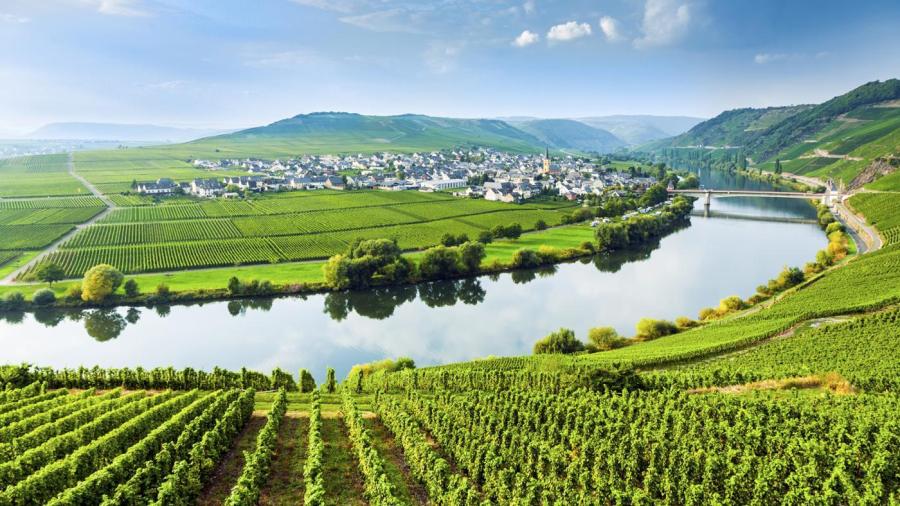What Are Some Facts About Germany?

Germany is a nation in the north-central region of the European mainland. It borders France in the west, the North Sea and Denmark in the north, Switzerland in the south, Austria in the southeast and Poland and the Czech Republic in the east. The capital of Germany is Berlin.
The nation of Germany is a relatively new creation. For centuries Germany was a collection of principalities that only united when the king of Prussia became emperor of Germany in 1871. After suffering from the effects of World Wars I and II, Germany faced division into East and West Germany during the reign of the Soviet regime. The falls of the Soviet empire and the Berlin Wall led to efforts to reconcile the two halves of the nation. Germany also sought better integration into the European continent by becoming one of the founding states of the European Union.
As the home of both Martin Luther and a long-established Roman Catholic hierarchy, Lutheranism and Roman Catholicism are two denominations that have long held a dominant sway in the land. Examples of German industries include vehicles, electronics, steel, machinery and coal. A sampling of the country’s agricultural output includes cattle, potatoes, sugar beets, barley and wheat.





